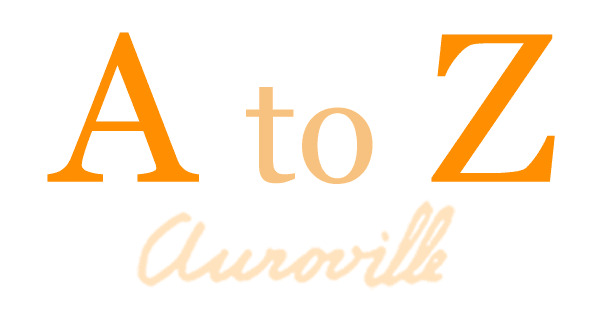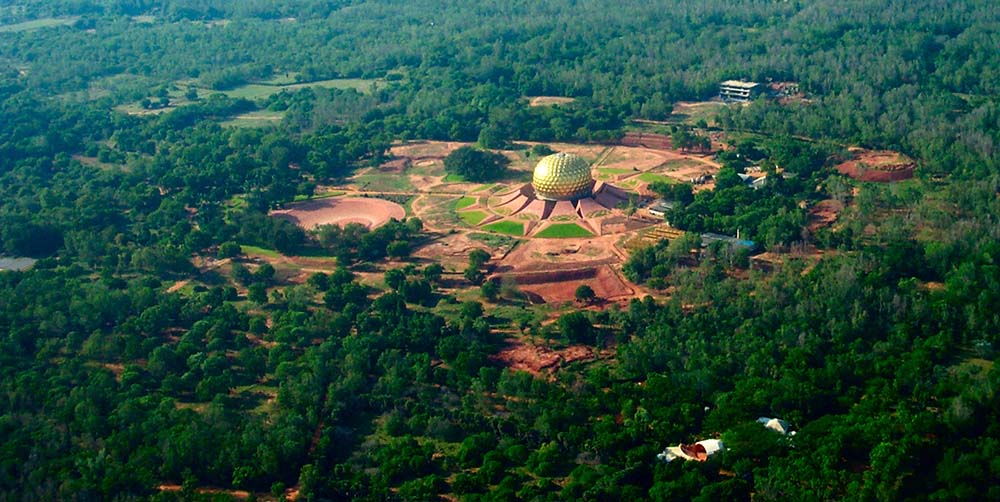Way Towards Human Unity
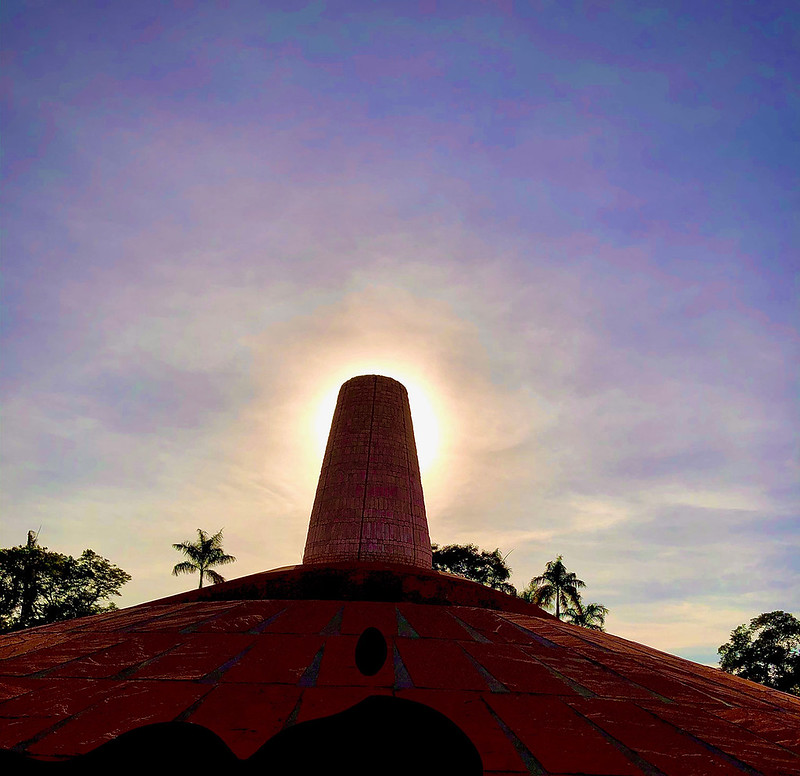
Vasudhaiva kudumbakam, said the ancient seers of India: the world is one family.
The ideal of human unity, which was already present at the dawn of civilisation, has never appeared so close to realisation with the advent of the Internet and instant communication. But paradoxically the closer we come to it, the more it seems to elude us. It is as if the need for human unity has never been so great, and yet quite often this very unity, seen as inevitable, is perceived as somewhat threatening.
World in Crisis
We continue to grapple with globalization's double-edged sword: interconnectedness and homogenization. The democratic experiment, once hailed as a universal solution, faces a crisis of legitimacy due to rising inequality, political polarization, and the struggle to meet the needs of its citizens. Meanwhile, the emergence of Artificial Intelligence presents both immense opportunities and profound risks. Environmental threats have become even more dire, with climate change accelerating and resource depletion reaching critical levels. We recognize the limitations of the nation-state, but forging effective supranational bodies remains a challenge. The specter of sovereignty, hard-won after generations of conflict, continues to be a hurdle, even as the world desperately needs a unified approach to shared challenges like pandemics, cyber threats, mass migration, and the ethical implications of AI.
Erasure of Cultures
The concept of a "global village" – fueled by instant information sharing and rapid technological advancement – still sparks debate. While the world feels smaller and more interconnected than ever, concerns linger about cultural homogenization. The fear is that the unique traditions, customs, and knowledge systems of diverse cultures might be diluted or even vanish, as evidenced by the global adoption of certain trends and technologies. This echoes arguments about an immense drive towards uniformity of life habits and culture.
Economic Front
The once-lauded globalization model faces criticism for exacerbating inequality, neglecting environmental consequences, and prioritizing unchecked consumerism over well-being. Concerns mount about a one-size-fits-all approach pushing unfettered consumerism while ignoring the dire ecological consequences of unchecked economic growth. Additionally, the rise of Artificial Intelligence and automation raises anxieties about radical shifts in the global workforce, potentially leaving many behind. Have we become a world obsessed with gadgets, prioritizing short-term economic gains over the well-being of the planet and its inhabitants, both present and future?
Science
Science, once seen as a unifying force, now reveals its double-edged sword. While it empowers us with incredible technologies, our human psychology, still grappling with ancient emotions like fear and territoriality of the ego, struggles to wield this power responsibly.
Biggest Obstacle
Despite centuries of civilisation, and moral and religious teachings, achieving global peace and harmony remains elusive, seemingly hampered by the enduring challenge of human egoism. This inherent self-centeredness, remains fundamentally incompatible with the ideals of fraternity and cooperation, posing a significant obstacle on the path towards human unity.
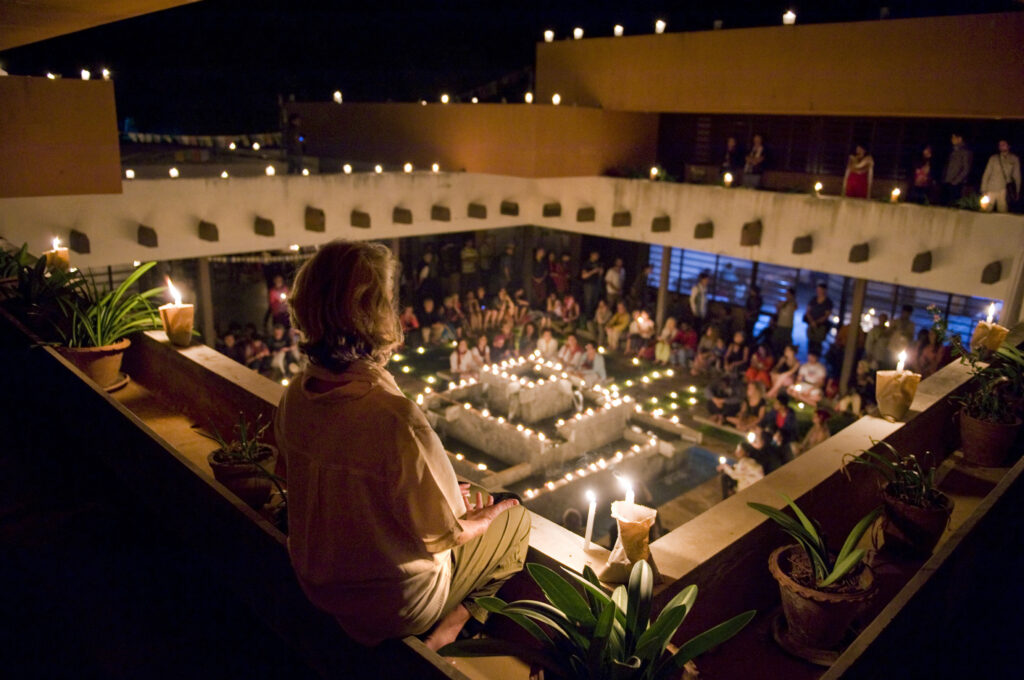
Need for Real Unity
Despite glimmers of reluctant unification, it's unclear if this process can truly address Earth's pressing problems or fulfill humanity's deepest needs and aspirations. A growing understanding suggests that forcing unity through "mechanical" means hinders individual freedom and growth. Genuine unification, it seems, requires acknowledging a deeper connection between humans, transcending mere social or technological frameworks. Furthermore, doubts arise regarding the desirability of such unity if it doesn't strive towards a more just, enriching, and dignified life for all.
Using Inner Means
Sri Aurobindo argued that true unity cannot be achieved solely through external means. Instead, we must turn inward and focus on individual transformation. He believed that lasting change in the external world hinges on a fundamental shift within each of us. This transformation, he proposed, lies in progressively realizing a shared essence, a "divine Reality" that connects us all. However, this realisation cannot be purely intellectual; it requires personal inner discovery and integration into daily life. Sri Aurobindo emphasised the role of inner transformation in fostering true unity and genuine brotherhood, insisting the secret of unity is within; the secret of brotherhood is within. He asserted that true unity and brotherhood can only be established through the soul, not through external manipulation. Ultimately, only by living from a place of soul-awareness, rather than ego-driven desires, can real unity be achieved on Earth.
Humans Will Be Surpassed
In light of a seemingly inevitable global unity, understanding its nature becomes crucial. Sri Aurobindo, writing after World War I, saw humanity as a stepping stone in evolution, destined to be surpassed. But he offered hope: we needn't be passive observers in this process. By actively participating in our own evolution, we can break free from limitations and contribute to a future beyond our current understanding.
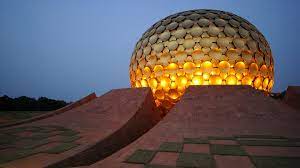
Sri Aurobindo envisioned an approaching "spiritual age of humanity," a transformation comparable to the emergence of the thinking mind in evolution. Similar to how the mind became central to life for many millennia, he predicted the "supra-mental" age, where the soul takes center stage.
This new evolutionary leap, he believed, has already begun. A "truth-consciousness," exceeding the limitations of the mind and ego, is emerging, marked by the current global upheavals. These, he argued, are birth pangs of this evolutionary crisis.
He asserted that this new consciousness already permeates the Earth's atmosphere. We can access it, integrate it, and let it transform ourselves and consequently the world. In this expansive sense, Auroville, dedicated to human unity, welcomes all to participate in this collective evolution.
See Also
-

Auroville's Background
Foundations for the CityAuroville wants to be the first realisation of human unity based on the teaching of Sri Aurobindo, where men of all countries would be at home. The city-in-the-making is located on the Coromandel Coast in south India. It draws its inspiration from the vision and work of the renowned Indian seer and spiritual visionary, Sri Aurobindo. His spiritual collaborator, The Mother, founded the township in 1968 and gave its Charter.
